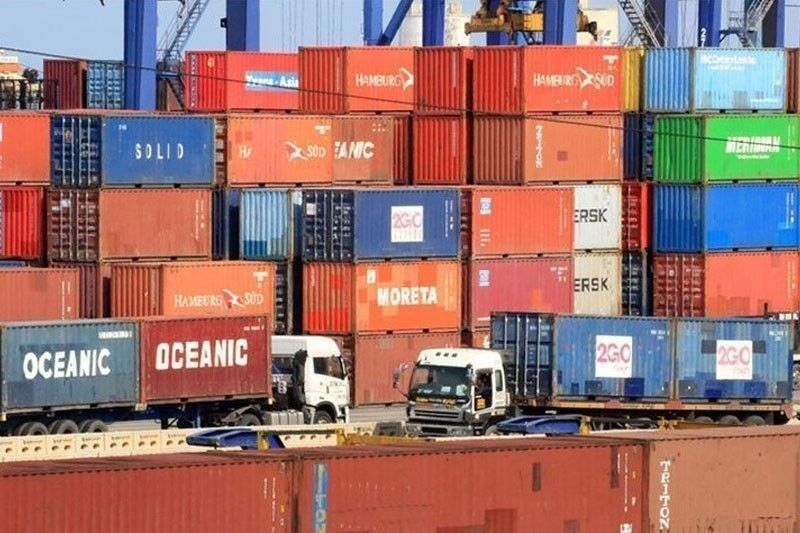Exporters group backs CREATE amendments

MANILA, Philippines — The umbrella organization of Philippine exporters is supporting a bill seeking to amend the Corporate Recovery and Tax Incentives for Enterprises (CREATE) Act to clarify uncertainties in the implementation of the law, particularly provisions on the value-added tax (VAT) and tax administration.
In a position letter addressed to Sen. Sherwin Gatchalian, who introduced Senate Bill 2654 or the CREATE to Maximize Opportunities for Reinvigorating the Economy (MORE), the Philippine Exporters Confederation Inc. (Philexport) echoed the position of the Philippine Chamber of Commerce and Industry submitted earlier to the Senate Committee to immediately approve the proposed measure.
While the CREATE Act was enacted with the intention of making the Philippines competitive in the region by lowering corporate income tax rates and rationalizing fiscal incentives granted to registered business enterprises (RBEs), Philexport president Sergio Ortiz-Luis Jr. said inconsistencies have come up between the law and the corresponding administrative issuances on taxes and incentives enjoyed in freeports and economic zones.
“These issues have seriously and unfairly impacted the operations and competitiveness of existing companies and are inconsistent with the current efforts of the Marcos administration to attract investors,” he said.
Among the issues raised is the distinction being made between registered domestic enterprises and export enterprises inside separate customs territories in applying VAT privileges when CREATE itself does not make such distinction.
“Under the CREATE Act, VAT zero-rating on local purchases is granted to RBEs in general,” he said.
“However, the law’s implementing rules and regulations and subsequent administrative issuances of the Bureau of Internal Revenue (BIR) limited the application of VAT exemption on importation and VAT zero-rating on local purchases to registered export enterprises,” he said further, noting the distinction puts domestic market enterprises inside separate customs territories at a disadvantage as they have now stopped availing themselves of incentives including the five percent tax on gross income earned (GIE) they are supposed to enjoy for 10 more years under the transitory provisions of the CREATE Law.
“This has disincentivized domestic manufacturers who must now absorb the VAT passed on to them by local suppliers and must pass on the cost to consumers,” Ortiz-Luis said.
Philexport also raised concerns on the transition period prescribed on the VAT privileges attached to the preferential five percent tax on GIE and the tedious VAT refund process.
While the BIR is required to process VAT refund or tax credit claims within 120 days, Ortiz-Luis said “the BIR usually takes an average of four to six years to process and approve such claims.”
Philexport said the delays hurt the cash flow of businesses, especially micro, small and medium enterprises (MSMEs) and prevent them from having productive use of their money.
To ensure CREATE MORE is able to respond better to the needs of the exporters and MSMEs, Philexport recommends implementing duty exemption on importation, VAT exemption on importation and VAT zero rating on local purchases of goods and services directly attributable to the registered project or activity of an RBE inside economic zones without distinction between export and domestic enterprises in line with the CREATE Act.
It also recommended deputizing the Department of Trade and Industry Export Marketing Bureau to implement VAT zero-rating for exporters outside the Board of Investment jurisdiction and zones; applying VAT zero-rating to customs brokerages for export shipments, trucking services for export containers and forwarding services for export shipments as these services are essential in moving the export shipment from the factory to the port; as well as zero VAT on the sale and delivery of goods to registered enterprises within a Separate Customs Territory.
In addition, Philexport wants the CREATE Act to be implemented prospectively, particularly the transitory provisions affecting RBEs.
It said CREATE MORE should allow RBEs currently availing of the five percent tax on GIE granted prior to the effectivity of the law to continue availing of such tax incentive, including all corresponding exemptions from local and national taxes for a period of 10 years or up to Dec. 31, 2033.
- Latest
- Trending





























